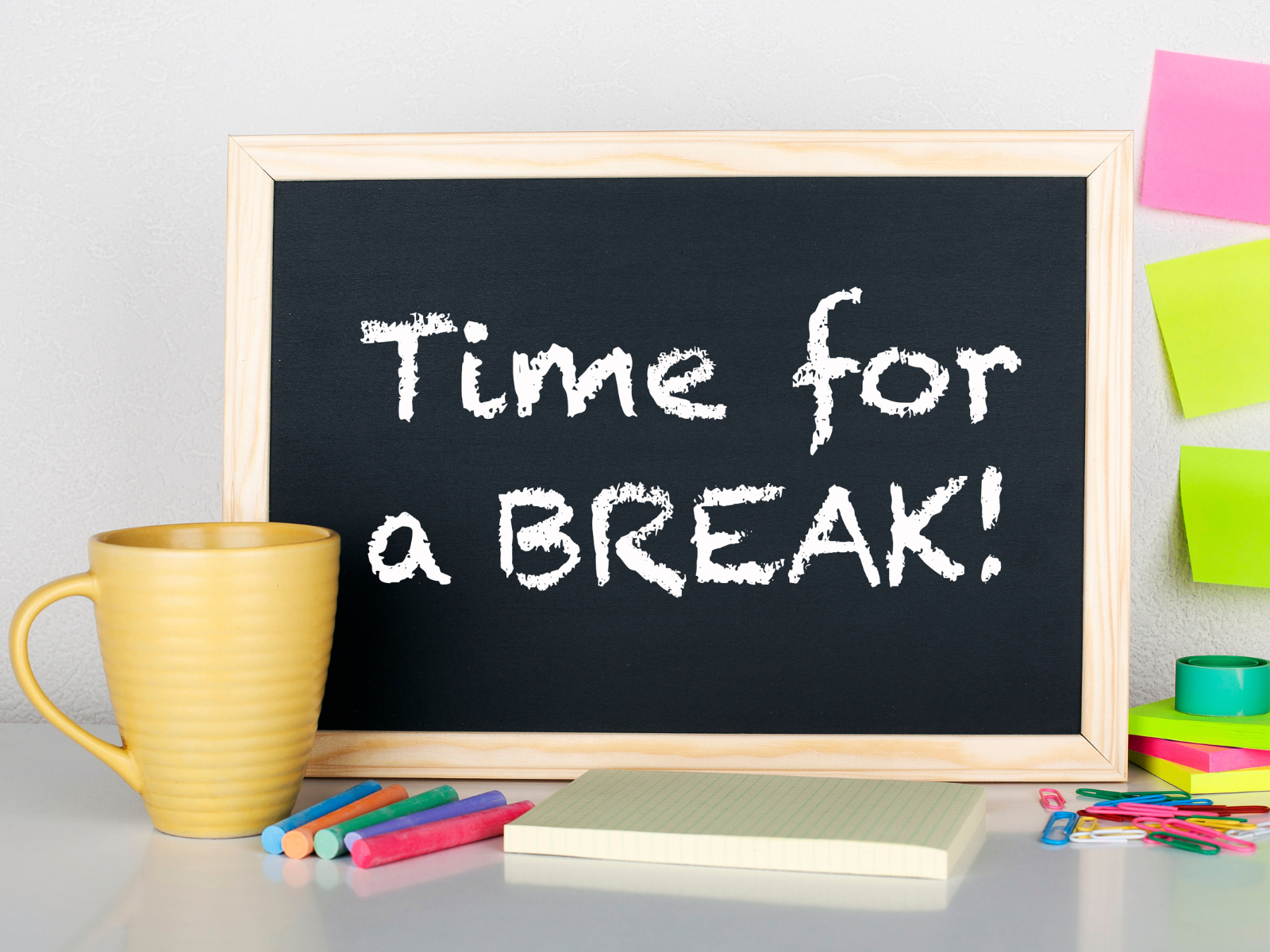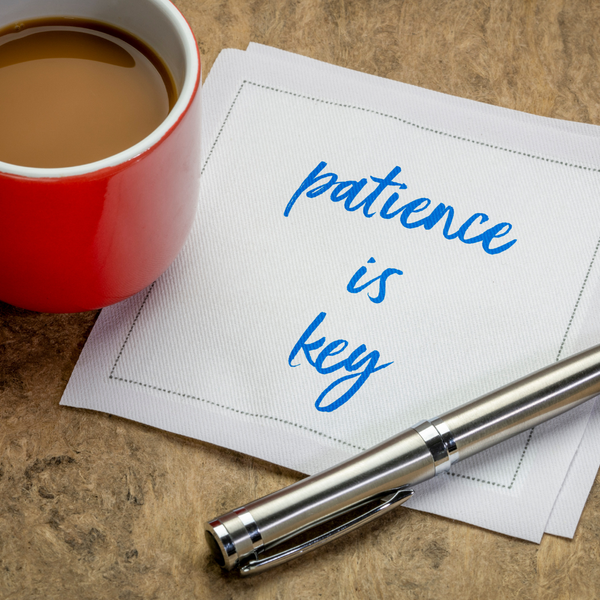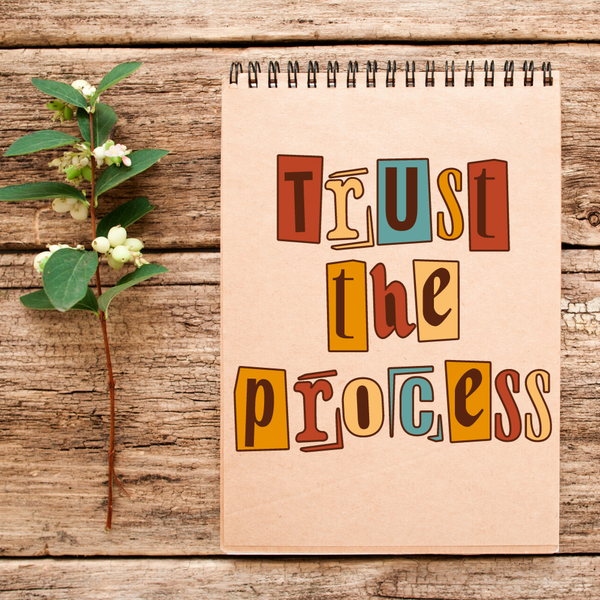Whether you’re a professional artist or someone who enjoys painting and drawing as a hobby, it’s important to take regular breaks throughout the creative process.
Taking “brain breaks” gives your mind a chance to reset and helps keep you motivated.
Brain breaks are a vital tool for staying creative, and with a few simple tips, you can easily incorporate them into your art practice.
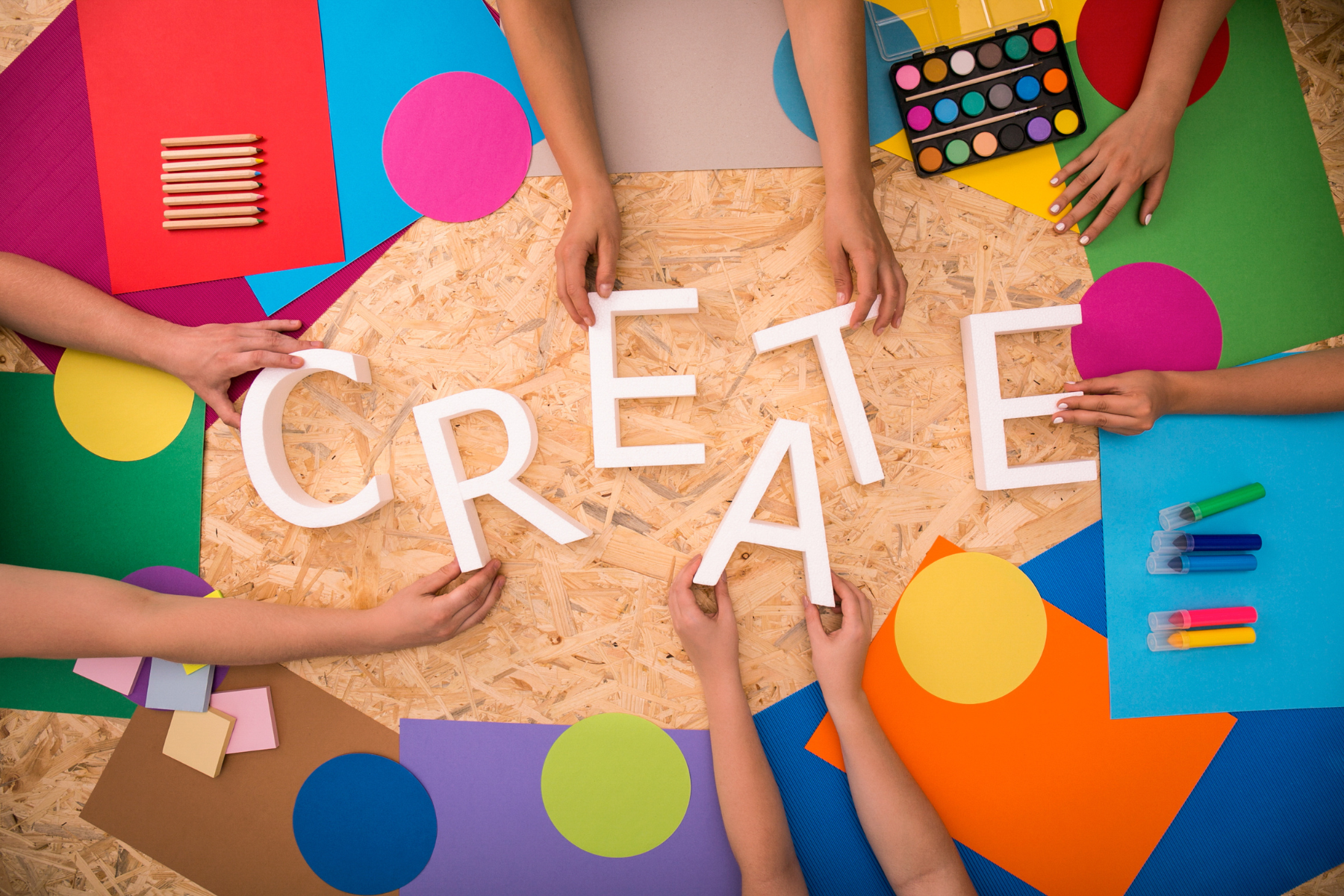


What are Brain Breaks?
If the term "brain break" isn't something you're familiar with, you definitely need to add these vocabulary words to your artistic toolbox.
Brain breaks are short moments of respite from the creative process or whatever your happen to be working on.
They can be as short as a few minutes or go on for days, depending on what you need and how much time you have.
During a brain break, you can take some time to relax, step away from your work, and rest your mind.
This can be done in a variety of ways, from taking a walk or getting some fresh air, to listening to music, or watching a movie.
The goal is to give yourself the time and space to clear your head and come back feeling refreshed, energized, and ready to get creative again.



Types of Brain Breaks
Brain breaks for artists don’t have to be complicated or time-consuming; in fact, some of the most effective ones are simple and easy to do.
Here are some brain break ideas for short brain break activities that can help recharge your creativity:
- Take a break from the media: try going without social media and TV for a set amount of time.
- Get some fresh air: go outside for a quick walk, stargaze, or just sit outside in the sun and relax.
- Do something creative and relaxing: draw, paint, color in a coloring book, write in your art journal, or make something with your hands to get your creative juices flowing.
- Listen to music: make a playlist of your favorite songs and listen while you take a break.
- Talk with friends or family: have a conversation with someone you trust or just call a friend on the phone.
- Deep breathing: take a few minutes to focus on your breathing. This can help you re-center and refocus your energy when you start feeling overwhelmed or stressed
- Physical brain breaks: taking a movement break can help your body and mind get the rest they need. Try a few stretches or yoga poses to help you relax.
If you need more ideas, there are a variety of apps you can use for brain break resources to help you incorporate more brain break activity into your day.
For example, apps like Moment allow you to set timers and reminders for when it’s time to take a break.
These can be especially helpful if you find yourself getting too caught up in your work and forgetting to take time for yourself.
Then there's GoNoodle, which is extremely popular with kids, but adults can benefit from it too!
GoNoodle offers short physical activities. like movement breaks and dancing, and mindfulness exercises to help you move your body, breathe deeply, and release tension.
These free resources are great for helping engage kids and adults alike in healthy brain breaks.
Taking time to dance, do jumping jacks or wall push-ups, or take a yoga class can help you clear your mind and get back to your creative work with renewed energy in a fun way.
No matter what type of brain break you choose, make sure to give yourself the time and space to clear your mind.
Use brain breaks to your advantage!
They're great to get more physical movement into your day while helping you practice mindfulness, somethings that today's modern society lack.
It’s okay to take breaks throughout the day and step away from your work for a while–it can be incredibly beneficial for your overall creativity.



Why You Should Take Brain Breaks
Brain breaks are vital for a variety of reasons.
Most importantly, the brain can experience fatigue when doing the same task for extended periods of time.
Taking a break is a vital component of self-care and helps to rest your mind and re-energize you, making it easier and more enjoyable to work on your projects.
It’s important to take regular breaks and give your mind a chance to refocus and recharge.
Both amateurs and professionals alike should take regular breaks throughout the creative process.
These "brain breaks" give your mind a chance to rest, reenergize, and ultimately stay motivated in order to create quality art pieces.
Additionally, brain breaks can help you come up with new ideas.
By taking time away from your work, you give yourself a chance to gain new perspectives on your project.
These fresh perspectives can offer insight into creative solutions that could come in handy during the creative process.



Creativity Boosts
Taking a break from your artwork can help you approach it with more creativity than when you were working without interruption.
It gives your brain the time to process ideas that may not have occurred to you while you were in the middle of creating something.
This allows artists to look at their work in a different light and consider new approaches they might not have thought of before.
It also helps them come up with innovative solutions to any problems they encounter while creating.
If you're feeling stuck and/or uninspired, a brain break can be just the thing to help you get back on track.
Taking a step back and relaxing can give your mind the break it needs to come up with fresh ideas and approaches that you may not have considered before.



Restores Mental Clarity
Brain breaks offer an escape from the monotony of focusing on one task for an extended period of time, allowing artists to refresh their minds and bodies so they can return to their work feeling energized and clearheaded.
By giving yourself time away from your artwork, you give your brain the opportunity to reset itself, which can help improve concentration and refocus attention on the task at hand.
Additionally, if an artist has been struggling with a particular piece for too long, taking a break can provide much-needed perspective and allow them to start anew with renewed enthusiasm.



Recharges Your Creative Batteries
Artists often find themselves feeling drained after spending hours focused on their work, especially if they’re stuck in an unproductive loop or trying unsuccessfully to work out a problem they’ve encountered while creating something new.
Taking regular brain breaks prevents this from happening by giving artists time away from their work so they can recharge their creative batteries before diving back in again.
Not only does this help prevent burnout, but it also leads to better quality artwork since it allows artists the time necessary for thoughtful consideration instead of rushing through things due to fatigue or frustration.



The Power of Brain Breaks
Brain breaks should be an integral part of any artist’s routine.
Taking regular breaks throughout the creative process is essential for staying motivated and continuing to produce quality work.
If you want to stay productive and motivated while creating artwork, it’s important to take the time to give your mind a break.
By taking regular brain breaks, you can stay refreshed and energized, allowing you to come back to your artwork feeling inspired and ready to create something great.
Brain breaks are great because they give your mind space from the task at hand, allowing it the opportunity to rest and come up with new ideas that may not otherwise have occurred during nonstop work sessions!
Taking a brain break can help you come up with better ideas, be more productive, and create work that is higher quality than if you had pushed yourself to exhaustion.
If you want your artwork to be its best, make sure you take regular brain breaks throughout your creative process; trust us, it's worth it!
So, next time you’re feeling stuck or unmotivated, give yourself the gift of a brain break and see how it can help refresh your creativity!
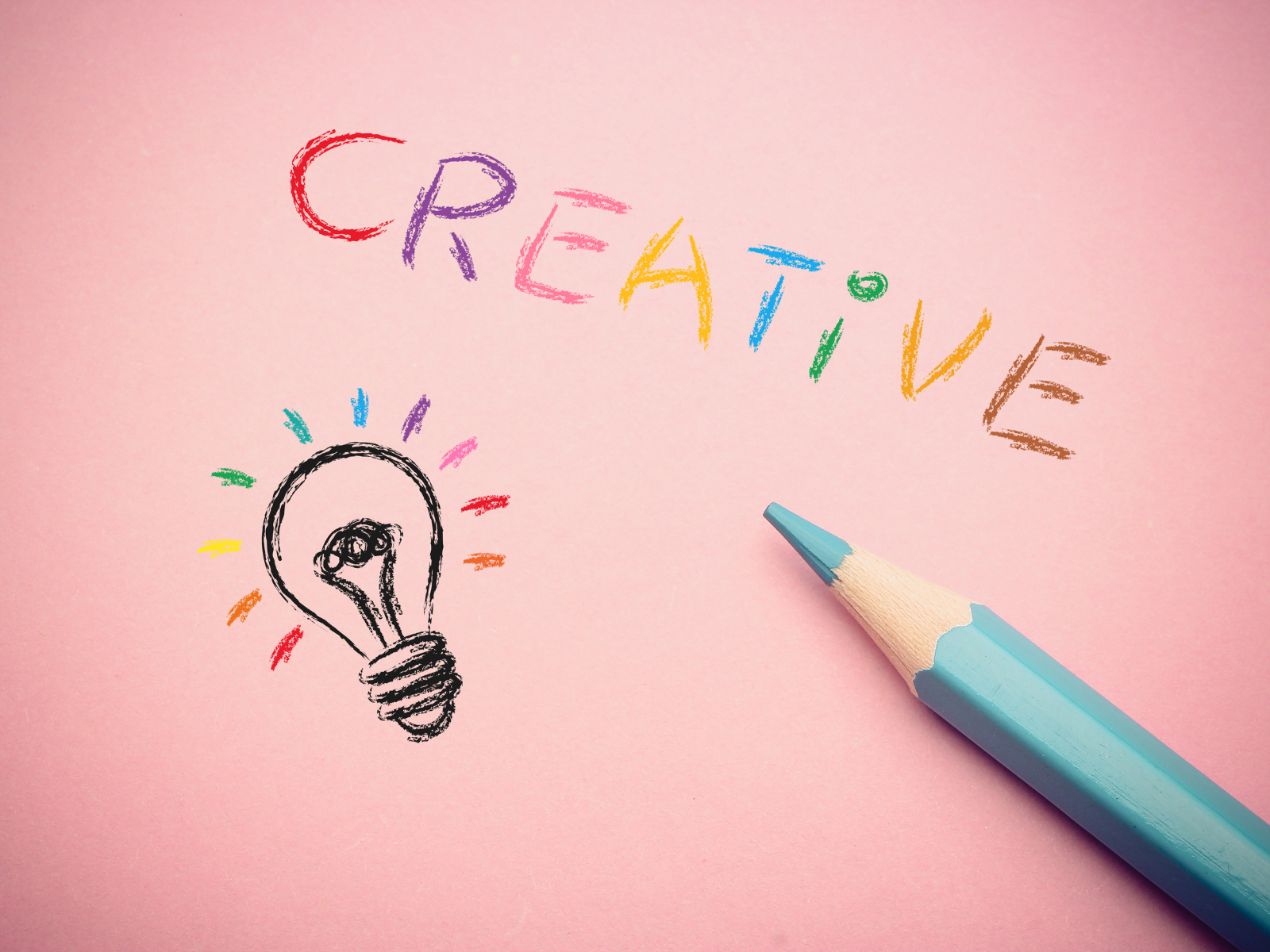


Eager to learn more about brain breaks? Check out Jim Kwik's video!
Want even more content about creativity and art?
Be sure to check out all of our creative chronicles!
Need more inspiration?
Check out some of our other articles:
-Divergent vs convergent thinking
